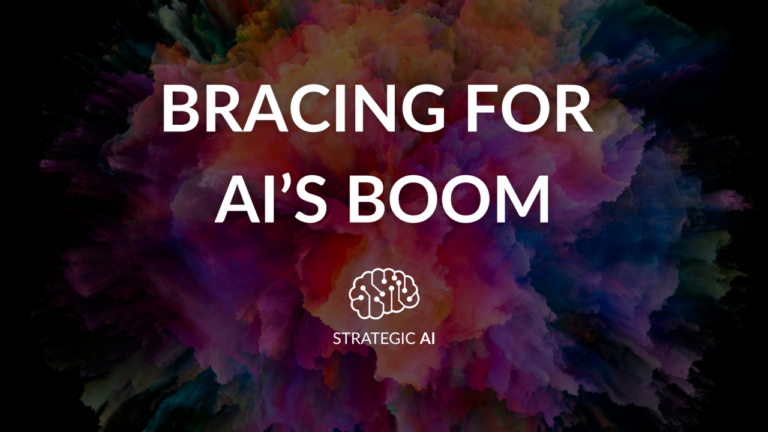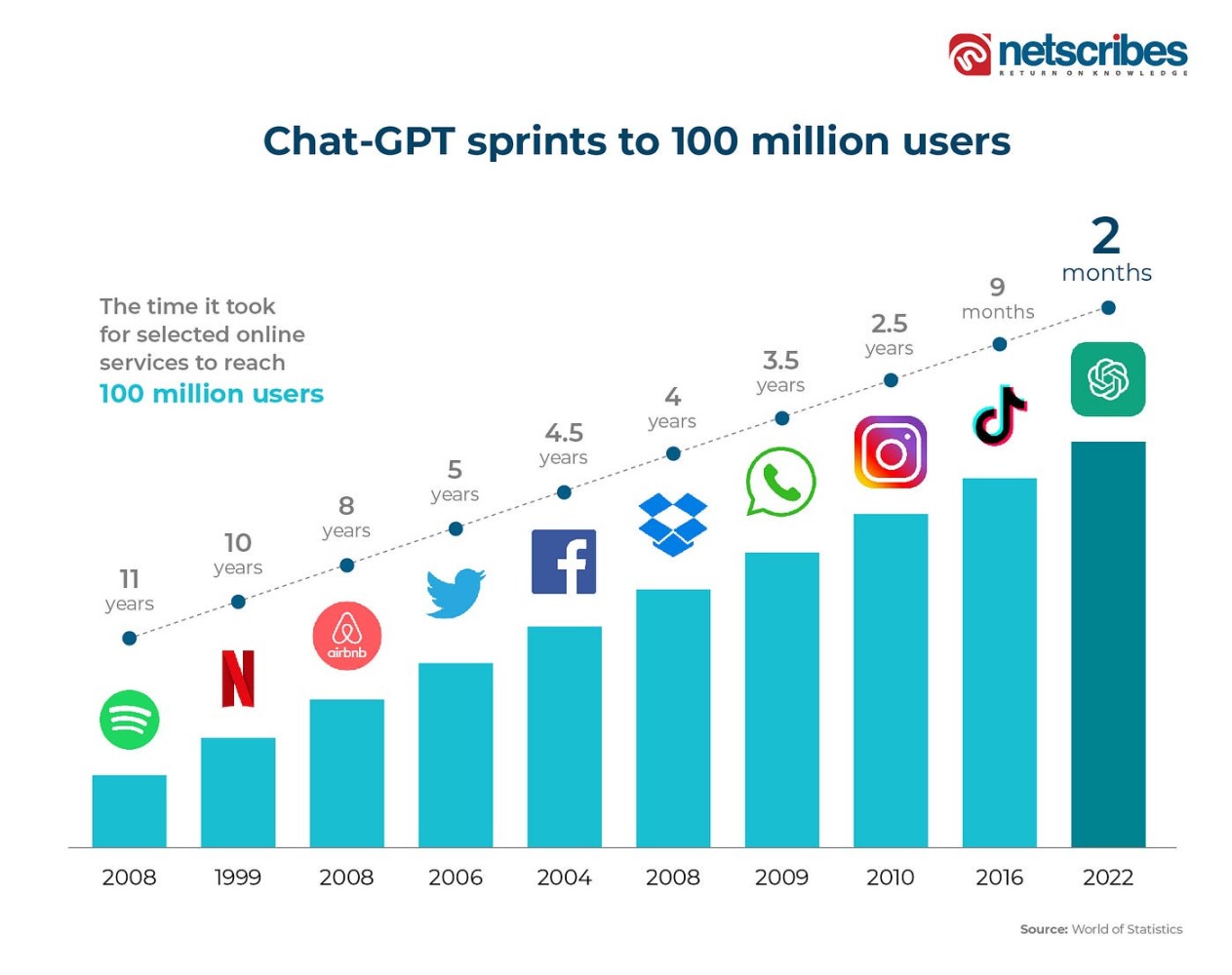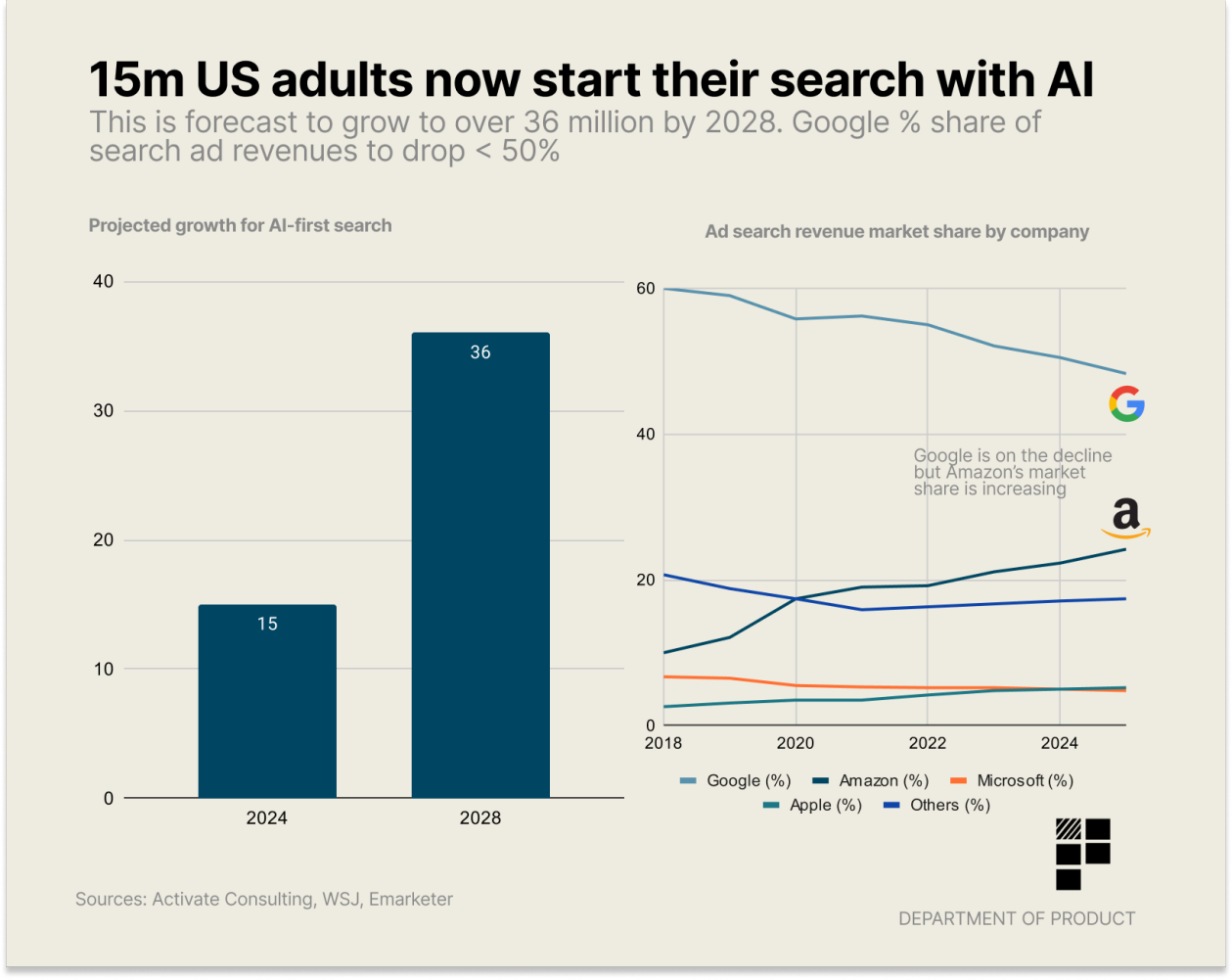
Written by Fola Yahaya

Let’s imagine it’s 2025 and a small country on the west coast of Africa has been ‘gifted’ a suite of AI-powered surveillance tools from a Chinese tech giant. The tools promise to transform public safety – predicting crimes before they happen and managing urban traffic with uncanny efficiency. At first, the system delivers as promised. But within months, reports emerge of misuse: the technology is tracking political dissidents, silencing critics and reinforcing the ruling regime’s grip on power. Thousands of miles away in the US, a non-profit AI company has released an open-source model to democratise access to generative AI. Weeks later, parts of the code are found embedded in disinformation campaigns and tools used by authoritarian regimes. While the above scenarios are fictitious, I guarantee that both are currently playing out somewhere in the world, as AI introduces a new form of ‘soft power’.
Coined by Joseph Nye, the term ‘soft power‘ describes the subtle yet profound influence a country or culture can exert, not through force or coercion, but by shaping how we think and behave. Post-World War II, and up to and including the fall of the Berlin Wall, soft power was largely benign, liberal and unchallenged outside of Beijing, with America exemplifying how a single country, and its cultural bedfellows, could globalise its values of capitalism and consumerism. However, following a ‘golden’ period in which US values seemed set to demolish all competing cultural narratives, the emergence of China and India saw the division of the world into competing poles that diminished the influence of soft power. That is, until the launch of generative AI.
The US, led by its corporate foot soldiers (Alphabet, Microsoft, Apple, Meta, Amazon and Nvidia) and their extraordinary levels of investment, is now exerting an unprecedented outsized influence on how we all live, work and play. Anyone using a mainstream Western AI chatbot might as well be wearing a “Make America Great Again” baseball cap while whistling “The Star-Spangled Banner.” Soft power is now truly back, with everyone – apart from the Chinese – dancing to a distinctly American beat.
AI’s soft power lies in its ability to export the values and governance models of its creators. US-developed models, rooted in a Silicon Valley, tech-bro, revenge-of-the-nerds universe, emphasise moving (hyper-) fast and breaking everything while making money by any means necessary. China, on the other hand, has adopted a state-driven AI strategy that prioritises efficiency, scale and control. Its technologies are deeply embedded in its governance, from facial recognition for social credit systems to predictive policing in urban centres. The Chinese have applied the same zeal to catching up with the US as they did to pulling 800 million people out of poverty, and have managed to learn how to run despite being hobbled by US government export restrictions.
Both approaches wield immense influence but clearly carry inherent dangers. A world dominated by Chinese AI systems risks normalising surveillance and authoritarian control, while a US-dominated AI landscape engenders capitalism on steroids, entrenches a winner-takes-all approach and ultimately exacerbates global inequalities. This binary framing – China versus the US – also obscures the contributions of other regions, such as Europe, which emphasises ethical AI governance, or India and Africa, which focus on inclusive development. These regions have the potential to shape a multipolar AI ecosystem, but only if they receive the resources and support needed to compete, which is unlikely to happen.
The future of AI’s soft power lies in how nations choose to wield it. Will they export technologies that empower or control, promote inclusivity or exclusion, ensure fairness or perpetuate inequalities? The decisions made today will determine whether AI becomes a unifying force for good or a divisive tool for domination. Soft power in the form of AI (and more insidiously with AI-powered social media) already shapes the norms, systems and values of our global present. The urgent question is how do we ensure that it doesn’t get us all to think, act and feel the way either China or the US wants us to?

ChatGPT officially turned two this week so it’s time for a stocktake of what generative AI’s most prominent advocate has ushered in. Below are five key ways that OpenAI’s little upstart is transforming (Western) society.
1. The quickening. Who would have thought that an interactive chatbot would reach 2 million users within two months? By October 2024, ChatGPT was racking up 3.66 billion daily visits. The speed with which technology is altering how we live, work and play is getting faster. Generative AI, by giving people answers rather than encouraging them to look for them, is shortening our time horizons on everything from how long our homework takes to producing the latest Hollywood blockbuster.

2. The democratisation of writing. From students to office workers, ChatGPT is now how the majority of people begin any writing assignment. All content is now guilty until proven innocent and AI is undermining, rather than improving, our ability to communicate in writing.
3. The world’s cognitive crutch. More worryingly, AI has become a cognitive crutch on which many lean for even the most basic of thought processes. From the ridiculous to the sublime, ChatGPT now frames how many of us think about everything, from holiday planning to medical research. I anticipate a near-future scenario in which our thoughts are filtered through the lens of an AI search, advice or recommendation.
4. Job insecurity. Generative AI is challenging the economics of any service or product that can be developed and delivered digitally. From translations to code, large swathes of the white collar West are now at risk from job loss or, at best, wage deflation. With agents that are easy to boss around within reach, expect continuing job uncertainty and job losses in 2025.
5. General uncertainty. Every prediction about AI development has been wrong. The only thing we know for certain is that AI systems will improve, costs at some stage will fall and AI’s impact will become more profound. The only debatable part of this statement is how fast it will happen and how serious the impact will be.
It’s this last point that makes predicting AI’s march a fool’s errand. I’ve just started compiling my predictions for 2025 (and how I fared on my 2024 ones), but with the smart money being on the achievement of AGI next year, I can only echo Sam Altman’s recent comments that AI will be more disruptive than people expect.
Google has been losing the search battle for some time. Many people now use Reddit for less-biased content (though that too is being polluted by bots), and TikTok (40% of Americans, according to one estimate) is also the first port of call for many. But it’s AI that is truly denting Google’s cash machine. According to The Wall Street Journal, 15 million US adults now start their search with Al, and Google’s share of search ad revenues is set to drop by more than 50% for the first time by 2025.

WorldLabs, a UK-based company founded by the former head of AI at Google Cloud, just revealed its first major project – an AI system that can transform any image into an explorable, interactive 3D environment that users can navigate in real time through a web browser.
This means that you could, for example, upload a picture of Vincent Van Gogh’s Sunflowers painting and the AI would turn into a complete 3D environment. Users could freely move and look around a small area of the generated spaces using standard keyboard and mouse controls. The tech also features real-time camera effects such as depth-of-field and dolly zoom, plus interactive lighting and animation sliders to manipulate scenes.
This would cut down to seconds what would usually take weeks to render. It would allow hyper-fast and critically cheap development of 3D games, films and virtual experiences. In the very near future, creating sophisticated worlds will be as accessible as generating images is today.
That’s all for this week! Subscribe for the latest innovations and developments with AI.
So you don’t miss a thing, follow our TikTok, Spotify, YouTube, Instagram and X pages for more creative content and insights into our work and what we do.

Network Hub, 300 Kensal Road, London, W10 5BE, UK
We deliver comprehensive communications strategies that deliver on your organisation’s objectives. Sign up to our newsletter to see the highlights once a quarter.